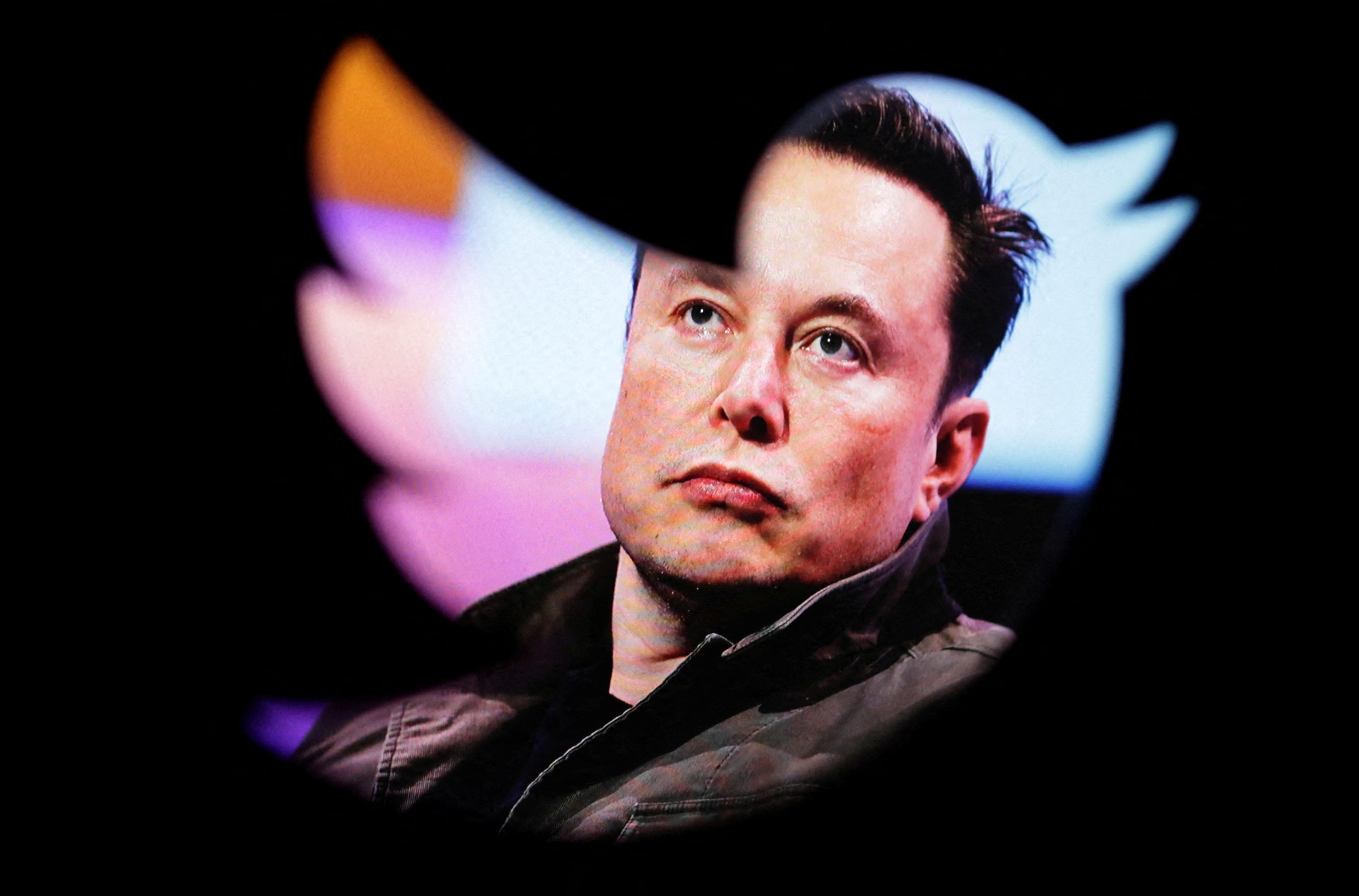Hawaiians like Elon Musk more than any other U.S. state, according to a new study, which has reviewed over 78,000 tweets from the billionaire Twitter boss.
Most Americans feel more negative (38.2%) than positive (19.2%) towards Elon Musk, while 42.6% are neutral.
The research was commissioned by Exploding Topics, which analyses online trends.
“Some people praise Musk for his business prowess, having founded PayPal and grown Tesla into the EV powerhouse it is today,” said Josh Howarth, who is the co-founder at the company.
“In contrast, others find him problematic, referring to his outspoken nature,” he added.
Massachusetts residents are the most interested in Musk, with a monthly search volume of 1,069 per 100,000 residents turning to Google for information about him.
Meanwhile, in Georgia, 60 per 100,000 citizens tend to search for him online every month.
But Howarth said Musk’s critics are not influenced by their sex.
“Overall, men and women seem to like and dislike the tech entrepreneur an almost equal amount.”
The study used a Cardiff University analytics approach to examine Musk’s tweets. They were only reviewed if they contained U.S. geolocation data.
It found women were slightly more likely to tweet negatively about Musk (39.2%) when compared to men (38.1%).
Raj Shah is a tech analyst at Publicis Sapient, who said Musk has a bold agenda for the social media platform.
“Unlike with SpaceX, Tesla, and PayPal, he is taking on a space with both established players and established models.”
“If he instead pivots Twitter from the way we think of it to a Twitter as an all in one app that rivals WeChat in Asia, then there’s a way to real value generation through a retooling of Twitter, not necessarily a trashing of it,” he said.
What is Elon Musk doing on Twitter?
The world’s richest man completed his $44 billion takeover of Twitter on 31 October.
As he stepped into the role of CEO, he fired top executives and has since eliminated nearly half of Twitter’s workforce.
Despite this, Musk said new user signups are at an all-time high following his acquisition of the platform.
In a recent tweet, Musk said “I think I see a path to Twitter exceeding a billion monthly users in 12 to 18 months.”



 News3 days ago
News3 days ago


 News5 days ago
News5 days ago


 Leaders3 days ago
Leaders3 days ago


 News3 days ago
News3 days ago


 Shows3 days ago
Shows3 days ago


 Docos5 days ago
Docos5 days ago


 Leaders4 days ago
Leaders4 days ago


 Leaders4 days ago
Leaders4 days ago





